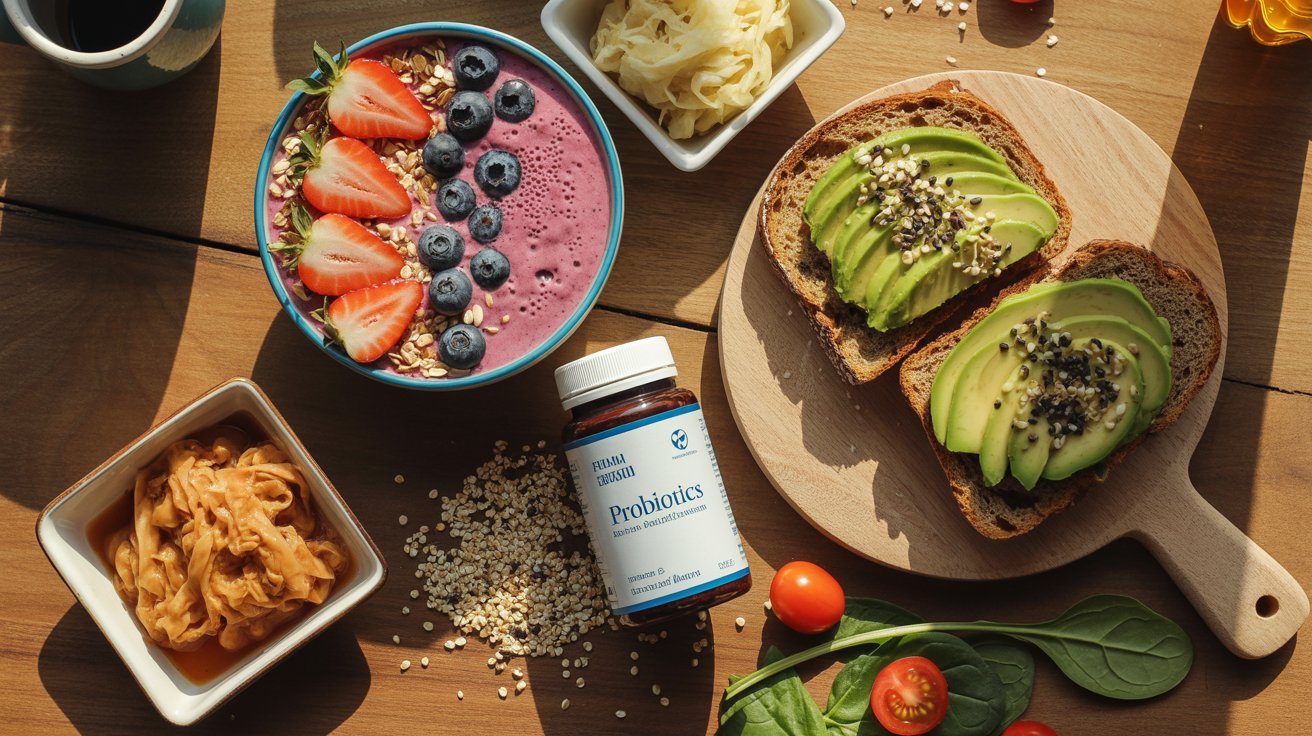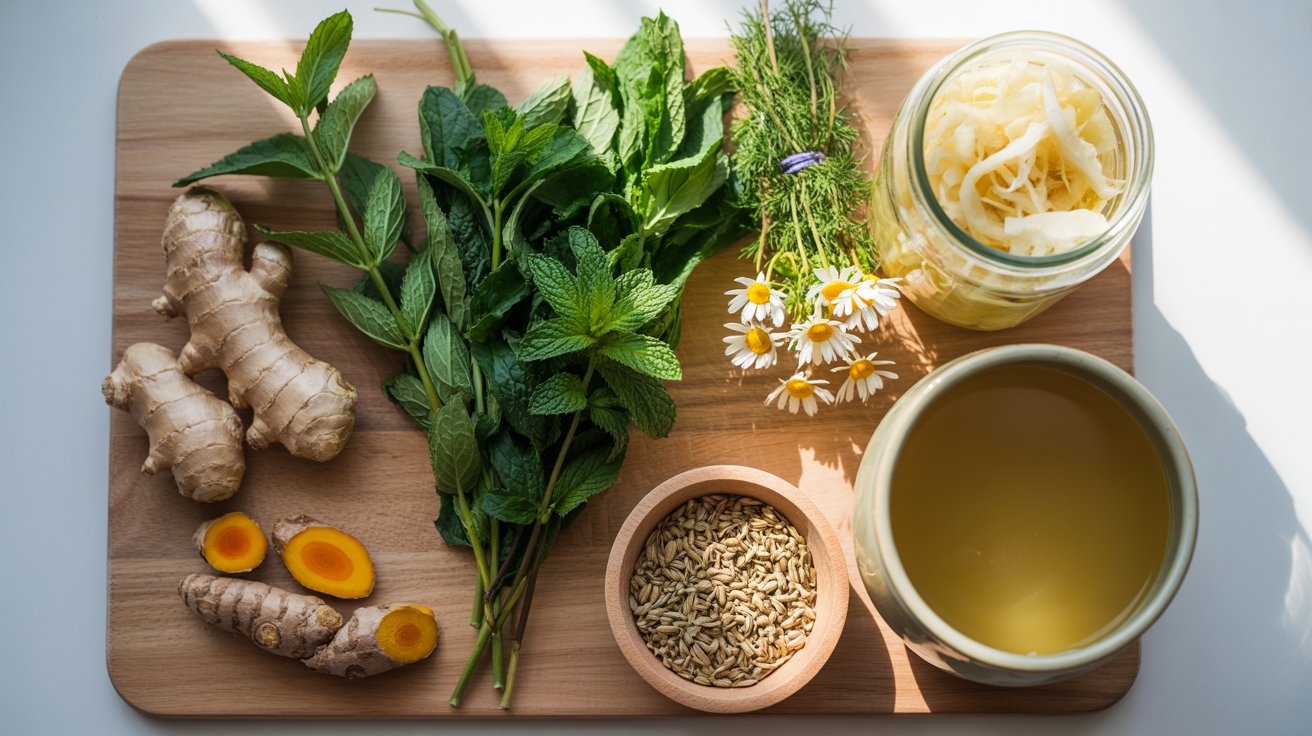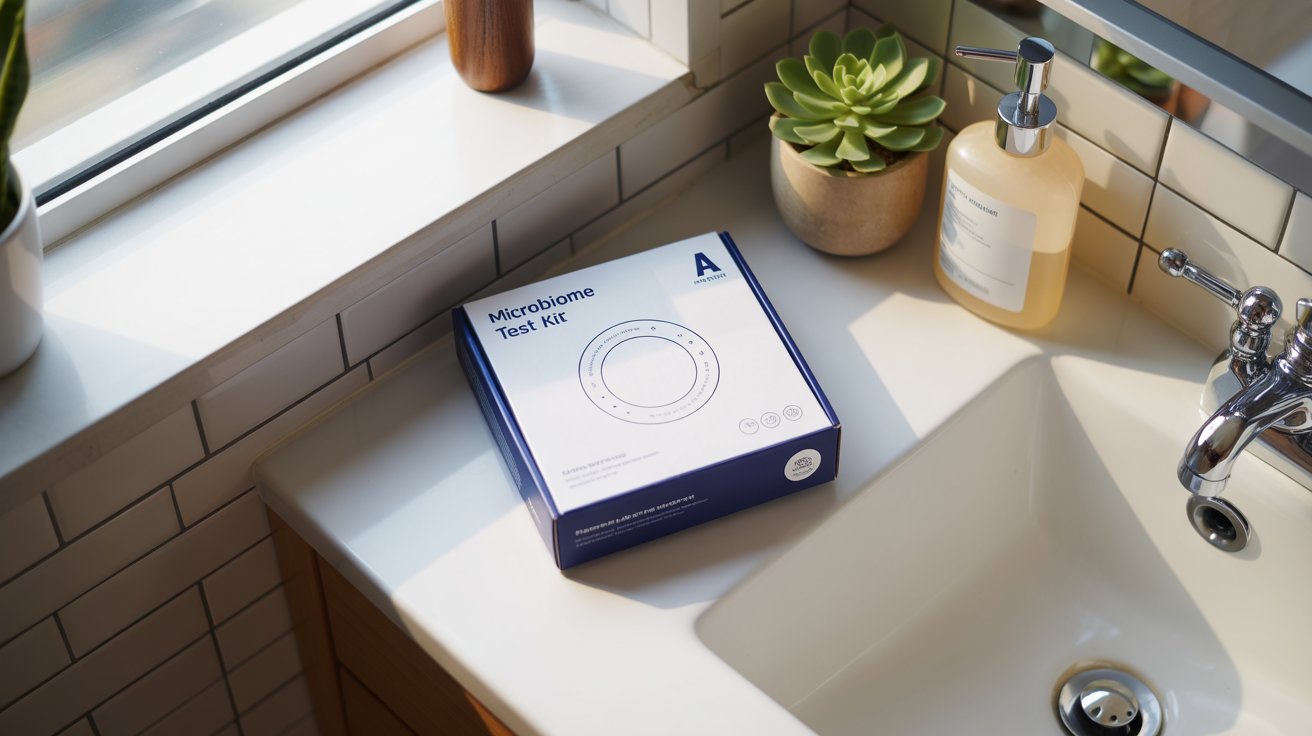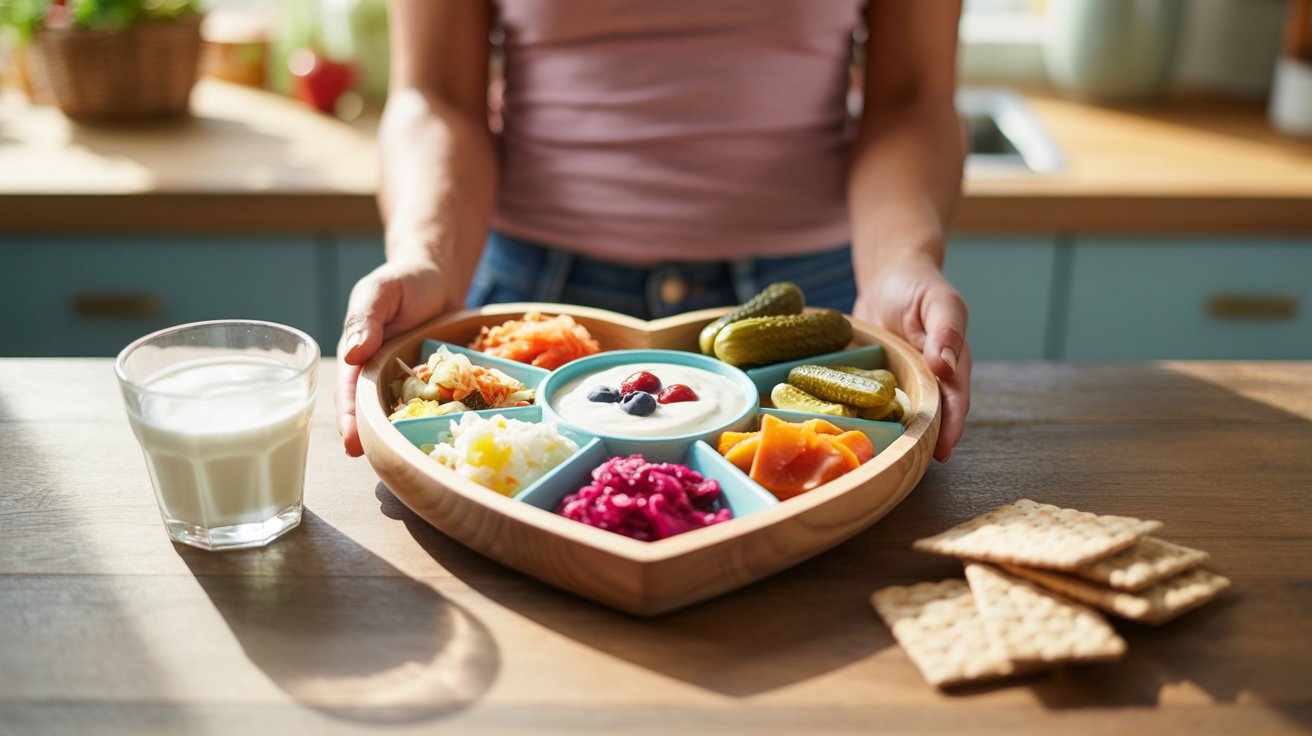Gluten-free diets and gut health are more connected than most people realize—especially if your gut’s been feeling bloated, sluggish, or just plain off.
You’ve probably seen the gluten-free section at your local grocery store triple in size over the past few years. From ancient grain crackers to cauliflower pizza crusts, it seems like everyone is going gluten-free. But is it just a trend—or does your gut actually need a break from gluten?
Spoiler: if your belly’s been bloated, your energy’s tanked, and you feel like your digestion’s running on dial-up speed, your gut might be trying to tell you something. Let’s dive into what gluten really does inside your body—and how to go gluten-free in a way that actually helps your gut.
Wait—What Even Is Gluten?
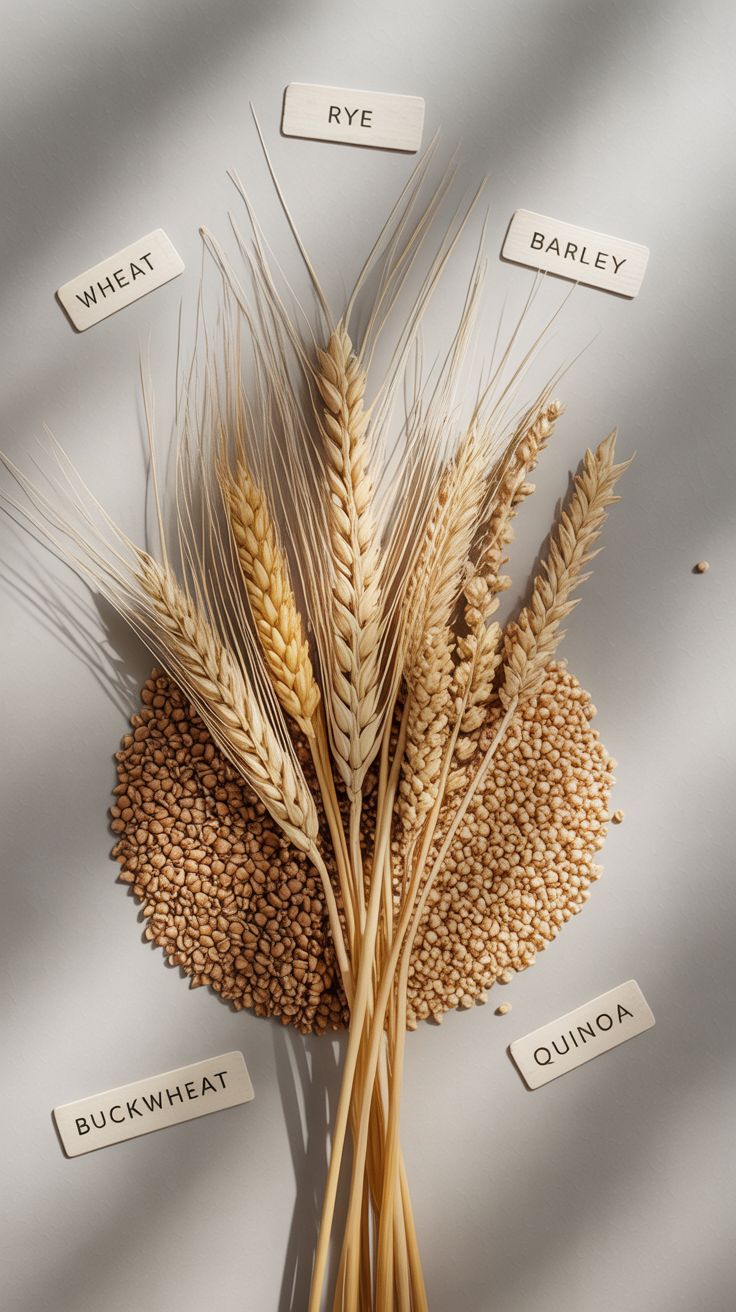
Gluten is a protein found in wheat, barley, and rye. It’s what gives bread that stretch and bounce, and it sneaks into everything from soy sauce to salad dressings. For some people, gluten is no big deal. But for others, especially those with gut issues, it can trigger a cascade of problems.
In folks with celiac disease, gluten causes the immune system to attack the lining of the small intestine. That’s a big deal.
But there’s also a murkier category called non-celiac gluten sensitivity, where people react to gluten without showing the classic signs on lab tests. Bloating, brain fog, mood swings, low energy, all without a “real” diagnosis.
So just because your doctor says you don’t have celiac doesn’t mean your gut is totally cool with gluten.
How Gluten Can Stir Up Trouble in Your Gut
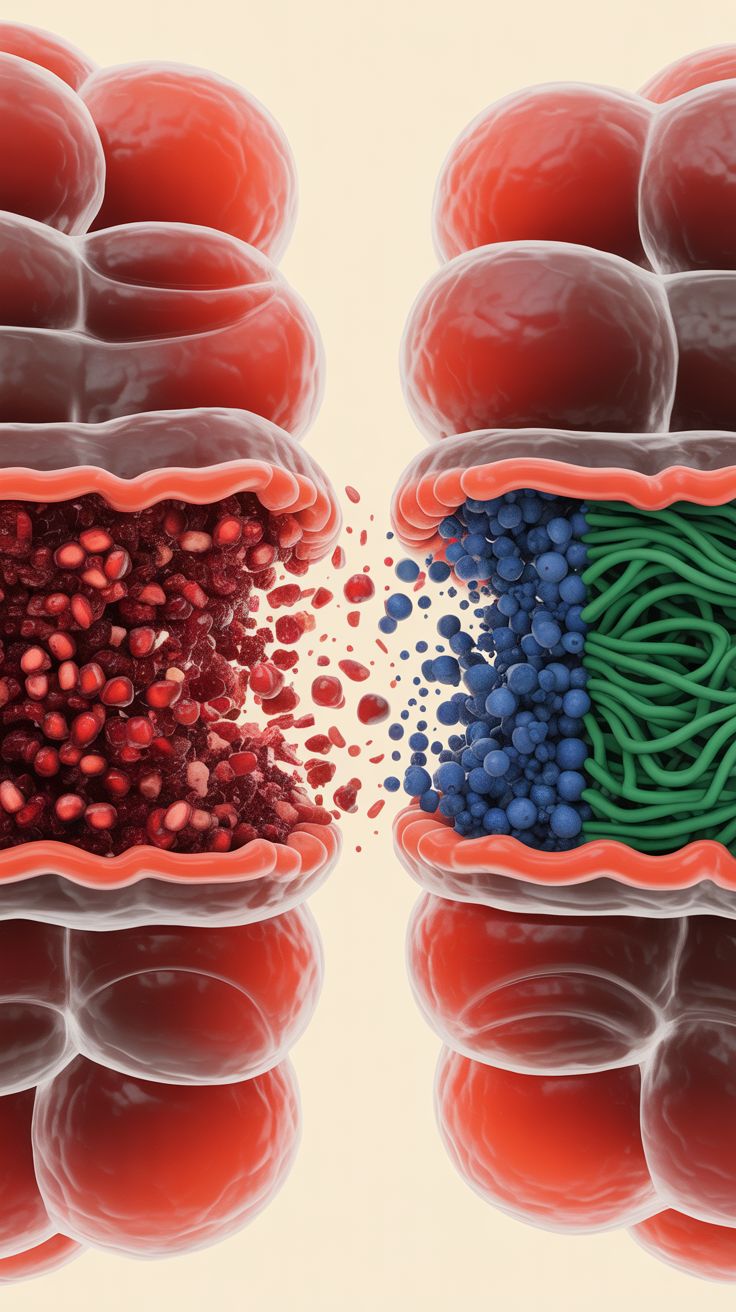
Imagine your gut as a cozy little home with tight doors and windows. Gluten can act like a crowbar, prying those doors open. It increases a protein in your gut called zonulin, which loosens up the lining and lets things leak through.
That means undigested food particles, toxins, and bacteria can sneak into your bloodstream and that’s when your immune system freaks out.
Over time, this “leaky gut” situation can cause widespread inflammation. You might feel tired all the time, or struggle with skin issues, joint pain, or mysterious food sensitivities. The worst part? You may not even know gluten is the problem until you take it out.
Do You Need a Gluten-Free Diet?
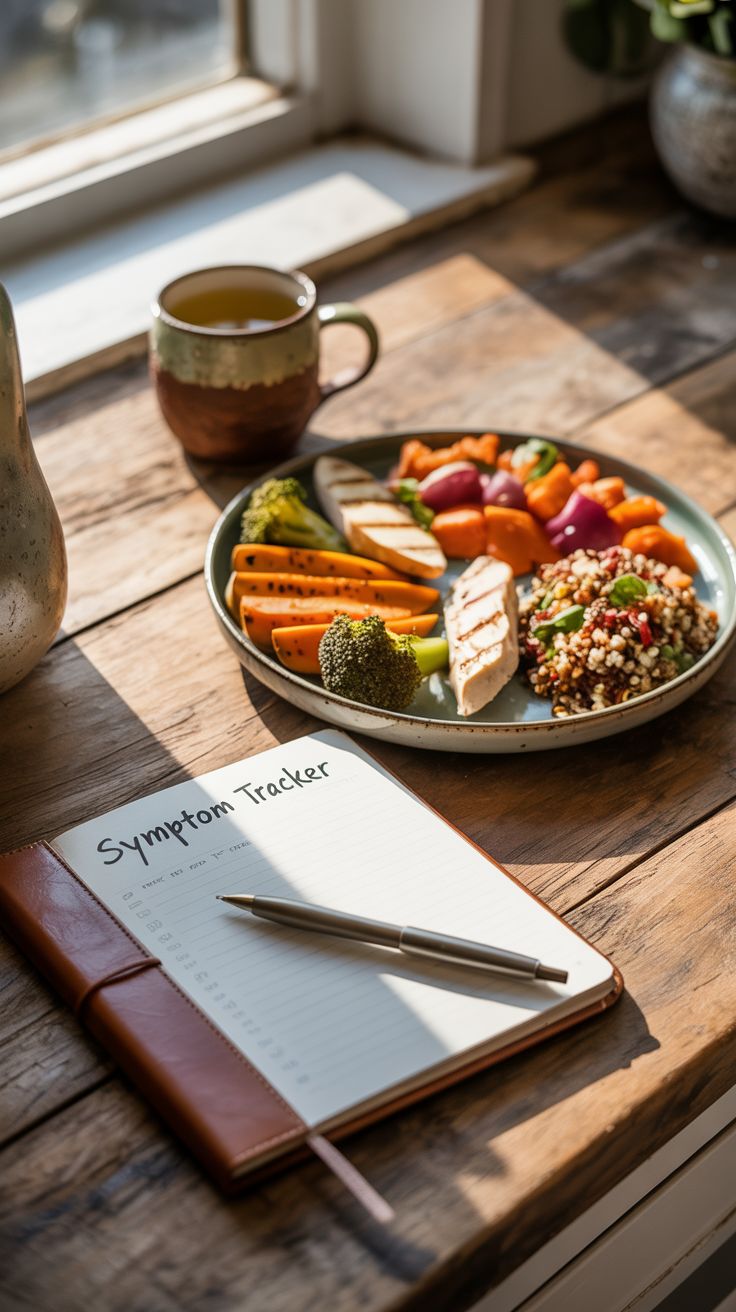
If you have celiac disease, there’s no question: gluten has to go. But for the rest of us, it gets more nuanced.
Some people feel better without gluten. They don’t have an allergy, but every time they eat a sandwich or pasta, they blow up like a balloon and feel exhausted by 3 p.m. If that sounds familiar, your gut might be signaling it needs a break.
It’s not about hopping on a food trend. It’s about listening to your body. If cutting gluten makes you feel lighter, clearer, and more regular, you need to trust that gluten is affecting your body in a negative way.
The Gut Microbiome Twist Most People Miss
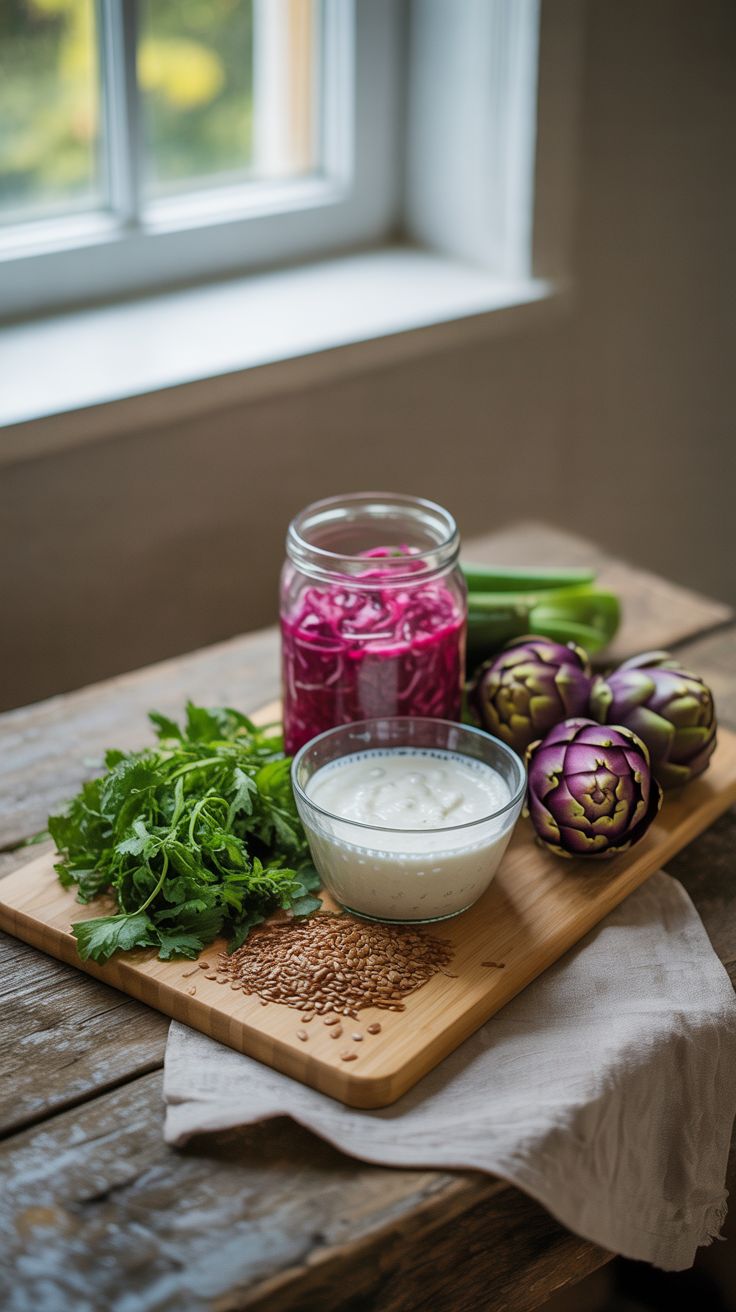
Here’s something the gluten-free hype train doesn’t always mention: going gluten-free can hurt your gut if you do it the wrong way.
When you stop eating wheat, you’re often cutting out a major source of prebiotic fiber. That’s the stuff your good gut bacteria love. If you replace it with processed gluten-free cookies and white rice, your microbiome is going to get cranky.
Studies have found that people on long-term gluten-free diets sometimes have fewer beneficial bacteria like Bifidobacteria. That doesn’t mean gluten is good for everyone, it just means fiber and variety matter just as much.
So if you go gluten-free, you’ve got to keep your gut bugs happy with plenty of fiber-rich foods like sweet potatoes, flaxseeds, artichokes, and colorful veggies.
How to Go Gluten-Free Without Messing Up Your Gut

If you’re going gluten-free to heal your gut, don’t fall into the trap of just swapping bread for gluten-free bread. That’s like swapping soda for diet soda and expecting a detox.
Instead, build your meals around real, whole foods. Quinoa, buckwheat, and millet are naturally gluten-free and full of nutrients. Pile your plate with roasted vegetables, healthy fats like avocado and olive oil, and gut-friendly fermented foods like sauerkraut or kefir. Throw in some bone broth for good measure and your gut lining will thank you.
And variety is key. Don’t eat rice with every meal just because it’s safe. Mix it up with different grains, starchy veggies, leafy greens, and lean proteins.
Gluten and Autoimmune Conditions: Is There a Link?
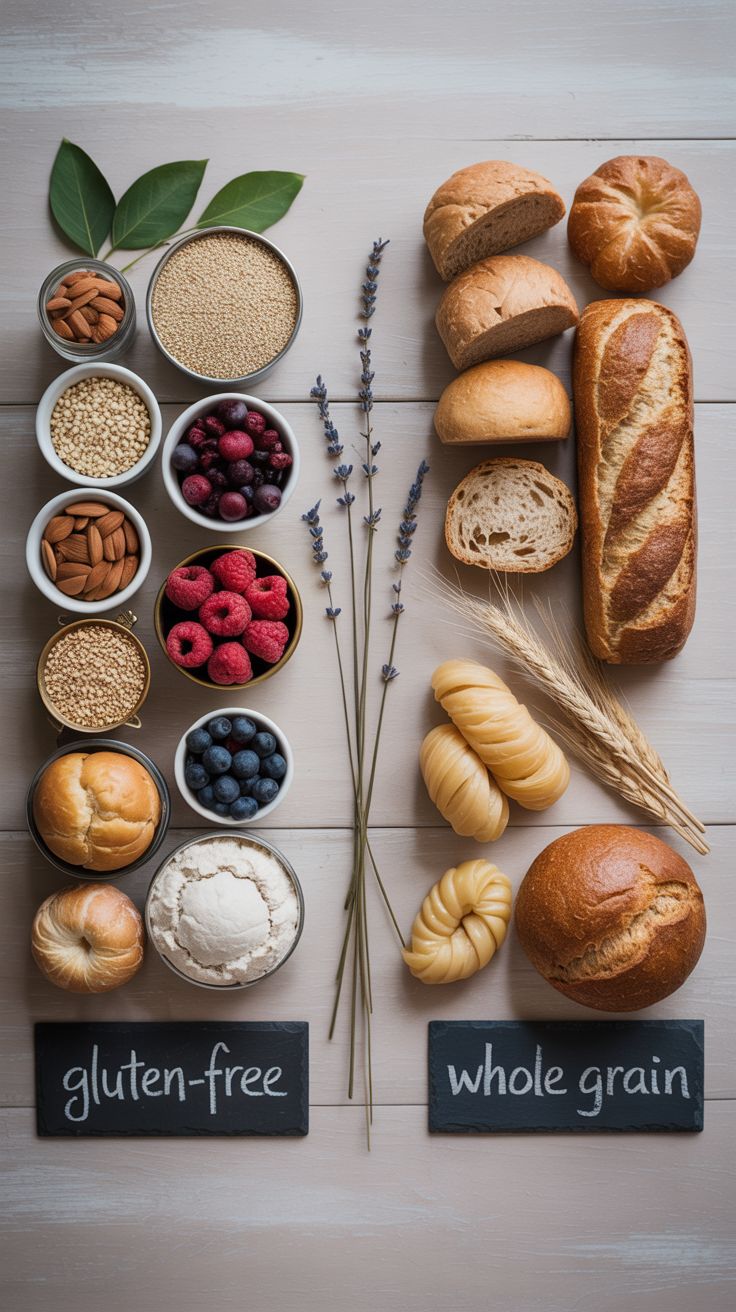
Yes, there is a link and it’s a big one.
People with autoimmune diseases often have increased intestinal permeability (yep, leaky gut again). When gluten passes through a leaky gut lining, it can trigger immune reactions that fuel autoimmune flares.
Conditions like Hashimoto’s thyroiditis, rheumatoid arthritis, psoriasis, and even type 1 diabetes have been linked to gluten sensitivity in some people. That doesn’t mean everyone with these conditions must cut gluten—but many report real improvements when they do.
If you’re dealing with an autoimmune issue, removing gluten, even for a few weeks, might be a low-risk experiment worth trying.
Should Everyone Avoid Gluten?

Honestly? No.
If you’re feeling great, your digestion is smooth, and your skin and mood are thriving, gluten probably isn’t your villain. But if you’ve tried “everything” to fix your gut and nothing seems to work, gluten might be the missing puzzle piece.
You don’t have to go gluten-free forever. But giving your body a break, for instance, two to four weeks of no gluten, just real food, can be incredibly revealing. Your body will tell you everything you need to know.
Could Gluten-Free Diets and Gut Health Be the Missing Link You’ve Overlooked?
If nothing else has worked, for instance, if you’ve tried probiotics, digestive enzymes, fiber powders, elimination diets, and your gut still feels off, it might be time to take a closer look at the connection between gluten-free diets and gut health.
Gluten isn’t automatically the villain. But for many people, it’s the silent disruptor behind leaky gut, fatigue, skin issues, and autoimmune flares. The best part? You don’t need to wait for a diagnosis to start experimenting.
When done the right way with real food, gut-friendly fiber, and supportive nutrients, gluten-free diets and gut health can absolutely go hand-in-hand. Your body is constantly sending messages. It might just be time to listen.

